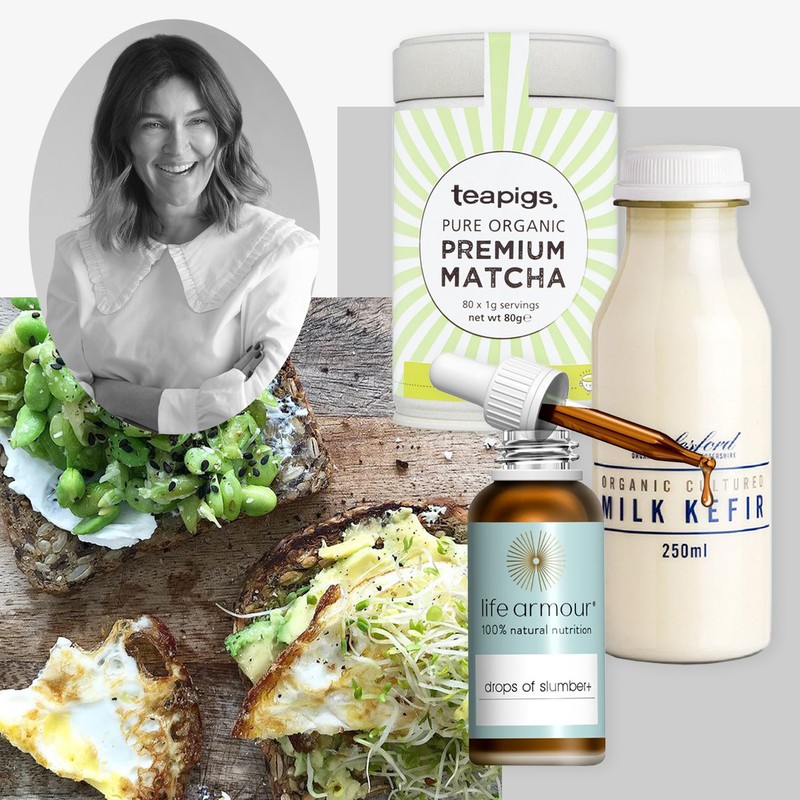19 Health Rules From A Women’s Wellness Expert
The right supplements are worth their weight in gold. I’m all about a food-first approach, but busy lives mean we don’t always eat optimally. Stress is notorious for chewing through nutrient reserves, which means many women need to top up their levels of magnesium, vitamin C and B vitamins.
It’s worth trying a liposomal supplement. Instead of a capsule or tablet, liposomal vitamins come in liquid form and are formulated in a way that enhances bioavailability. I’m a fan of Altrient, which does fantastic liposomal supplements – I particularly rate its glutathione (a potent antioxidant) and vitamin C formulas. They aren’t cheap, but they offer high doses and a form of delivery that exceeds the absorption you’ll get with a traditional pill. They’re great as a short-term treatment and I’ve been using them successfully with my clients who are suffering with long Covid symptoms.
Quality matters. When choosing a supplement, it’s important to check it doesn’t have fillers, binders or caking agents in it. Look out for magnesium stearate on the label – confusingly, this isn’t a form of magnesium, but an agent used to stop capsules sticking together as they go through the factory production line.
The jury’s out for me when it comes to CBD. I’ve been watching the CBD story unfold but the research still isn’t robust enough for me to recommend it. I do have clients who swear by it for anxiety, sleep and muscle aches, but I haven’t found it does much for me. Melatonin, however, is something that has piqued my interest. My sister lives in Manila and brought some back for me on a recent visit. I found it helped me fall asleep more quickly and my sleep was deeper – it’s a shame you can’t buy it over the counter in the UK.
If you feel run down, look at the bigger picture. A lack of sleep, stress, taking on too much work and alcohol are the usual suspects. Quality nutrition, good sleep and well-managed stress are the keys to good immune health. However, even with the best will in the world, we can all succumb to bugs and viruses. When I’m run down, I’m prone to cold sores – I now take 500mg of L-lysine twice daily for a week as soon as I feel that tell-tale tingle on my upper lip, which stops the virus in its tracks. It isn’t advisable to take L-lysine long term, but a short course can work wonders.
B vitamins are great for energy. B vitamins have lots of uses in the body, but one of them is to help the body convert the food you eat into energy. If I need an energy boost, I’ll take a B vitamin complex, such as Biocare Methyl B Complex or Pure Encapsulations B Complex Plus.
Sleep is my saviour. When you’re perimenopausal, sleep becomes more important than ever, but it often becomes harder to get. For clients who are struggling with night sweats, I recommend sage tea or sage extract supplements. YuYu Bottles are also great – they’re essentially ‘hot’ water bottles that you half fill, freeze for a couple of hours and take to bed with you to keep you cool. You’ll always find Life Armour’s Drops of Slumber on my bedside table too, as well as Viridian’s High Potency Magnesium capsules. They are made with magnesium glycinate, a form of magnesium that has been shown to help with sleep – unlike magnesium citrate, which can cause loose stools.
L-theanine can help boost your mood. It’s an amino acid that’s linked to reduced anxiety thanks to its calming effect. Green tea is rich in L-theanine, making it a good swap if coffee makes you jittery. Pukka and Tea Pigs both do a great matcha tea, which also gets my vote. Matcha contains around four times the amount of L-theanine as regular green tea. Try adding matcha powder to smoothies or use it to make energy balls.
Rebalancing hormones requires a specialist approach. It’s tempting to hoover up the supplement aisle when your hormones are out of whack and you’re feeling desperate. However, hormone health is incredibly complex and needs to be handled by an expert. Herbal remedies can be helpful for some women, but we need to remember they can be very potent. St John’s wort is often recommended for women who suffer from low mood and agnus castus can be helpful for PMS, but both have the potential to interact with medications. Always consult with a registered herbalist who can create a bespoke protocol that’s specific to your needs – Marion Colledge is great.
A happy gut is the cornerstone of good health. We’re all unique and have different triggers, but most people’s guts will benefit from reducing sugar, stress, alcohol and possibly caffeine. We also need to slow down. Most bloating is caused by eating too fast, not from consuming dairy and gluten, which we are often quick to blame. Sit down to eat, chew well and take your time. Also, think about adding in plenty of colour and diversity from plants as your gut thrives on prebiotic fibre – this includes veg, fruit, wholegrains, nuts, seeds, spices and herbs. Fermented foods also play a role – kefir has the most research behind it, but I also love kimchi, miso, sauerkraut and kombucha.
Probiotics can be game-changing for people with IBS symptoms. I use the Optibac range in clinic – it’s a family owned, British company that’s undertaken independent clinical trials on its products. The range even features a probiotic for women who suffer with recurrent UTIs and thrush.
If you don’t eat two portions of oily fish per week, take a supplement. Omega 3 is an essential fatty acid that supports brain health; it’s also been linked with a reduced risk of depression and has anti-inflammatory benefits. If you’re eating two portions of oily fish – mackerel, salmon or sardines – per week then omega 3 oils aren’t necessary, but in my experience not many people manage this. My favourite is Bare Biology’s Life Soul range as it has the highest DHA and EPA content on the market. When buying an omega 3, look out for the IFOS (International Fish Oil Standards) logo, which guarantees purity.
Stock up on vitamin D. Vitamin D is the one supplement we should all be taking. It’s implicated in immune health, bone and muscle strength, skin integrity, insulin regulation and brain and nervous system function. Public Health England advises 10mcg daily throughout the winter months but many of us need more. Get your levels checked with your GP or via an online testing service such as Medichecks as too much can be toxic. Just remember that vitamin D is a fat-soluble vitamin, so should ideally be taken with a meal containing some fat.
Get your iron levels tested, too. Many women are very low in iron, particularly if you work out a lot and have heavy periods. This can make you feel tired and dizzy, and can affect hair and nail quality. Ideally, you want to be upwards of 80ng/mL – always ask for a copy of your blood test results.
Eating plenty of protein is crucial. Anyone who follows me will know I’m constantly talking about the power of protein – it fills you up, keeps you going, evens out blood sugar and can help prevent cravings. Good sources include Greek yoghurt, tofu, poultry, fish and legumes. In a hurry, protein powder can also be a lifesaver. I swear by Form Nutrition’s Pureblend powder, which is tasteless and made without sweeteners or additives. I blend it with almond milk, baby spinach, kale, pear, a squeeze of lemon juice and some banana.
Skincare is a big part of my evening routine. There’s nothing better than a soothing double cleanse using Willowberry’s Cleansing Balm – it leaves my skin feeling clean without that tight, stripped feeling. I’ve also been using Weleda’s Skin Food for years – as I hit perimenopause my skin dried out a lot, but Skin Food is luxuriously thick and suits me well. I sometimes mix a small amount with my foundation to create a dewy, tinted moisturiser effect. I recently discovered By Sarah London, a vegan British brand created for reactive skin types. I use their body oil after a bath – it’s gorgeous.
Meditation isn’t for everyone. I, for one, find it tricky, so just try to be mindful in other ways. Whether that’s paying attention when I eat, going for a walk or even sitting on the Tube, it all counts. There’s a misconception that mindfulness needs to take up lots of time and be done sitting cross-legged in silence.
Exercising outdoors gives you a triple win – nature, endorphins and stress relief. Once a week, I go to a women’s outdoor strength and conditioning class. I love the sense of community and it’s good for the soul to be outside. Since the pandemic, I have rediscovered the joy of walking and I now average 10-12,000 steps a day and use it as a way to break up time spent sitting at my desk. I use the Pacer app to track distances and stay motivated.
Take time for self-care. Saying no to things you don’t want to do is a brilliant form of self-care that doesn’t get spoken about enough. Where I can, I end the day with a locked door (to keep the kids out), a good book and a warm Epsom salt bath.
Shop Emma's picks below...
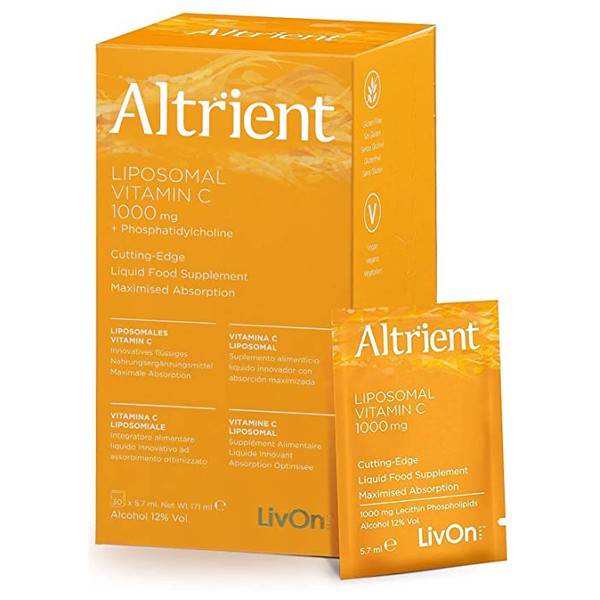
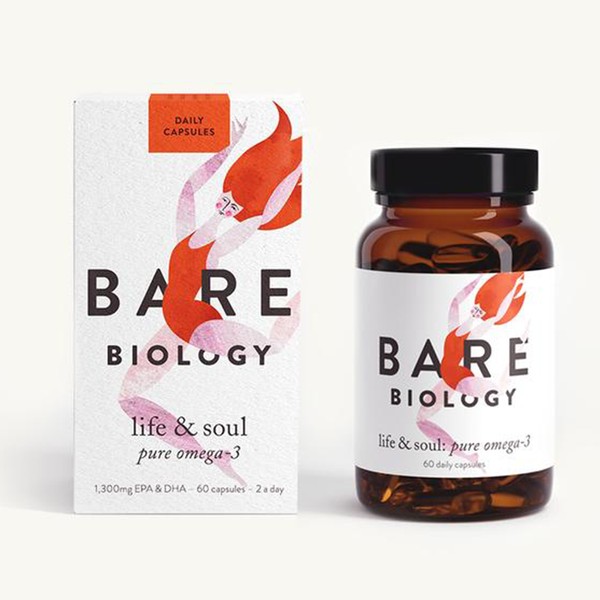
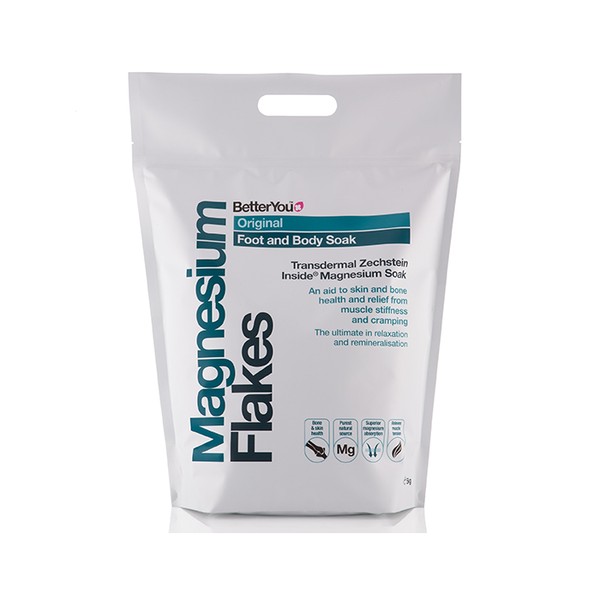
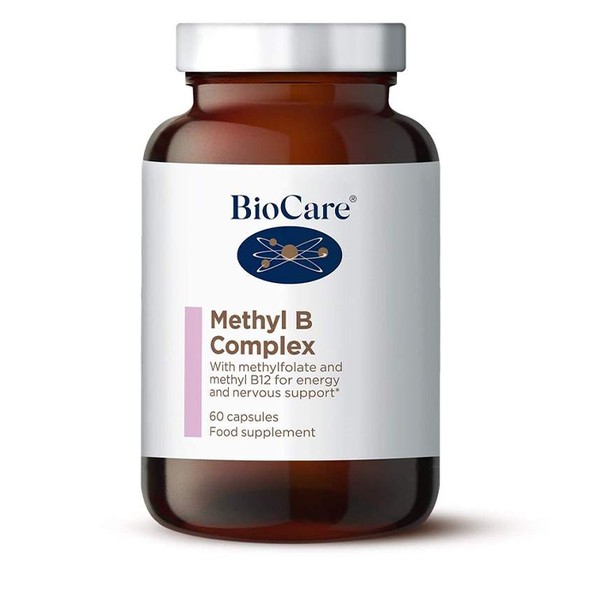
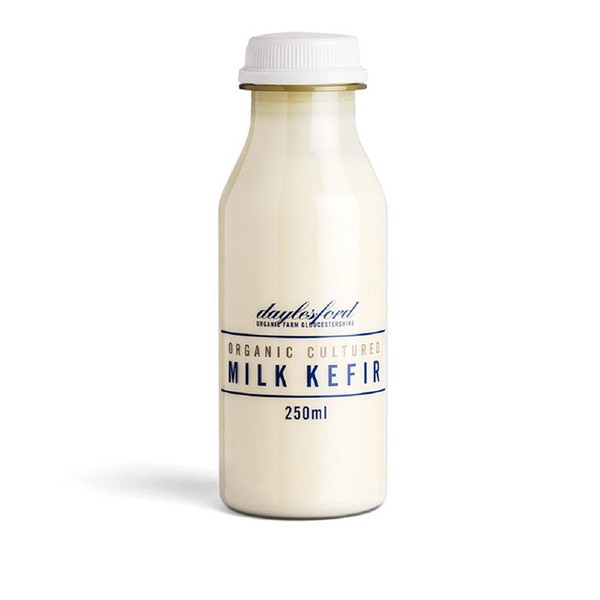
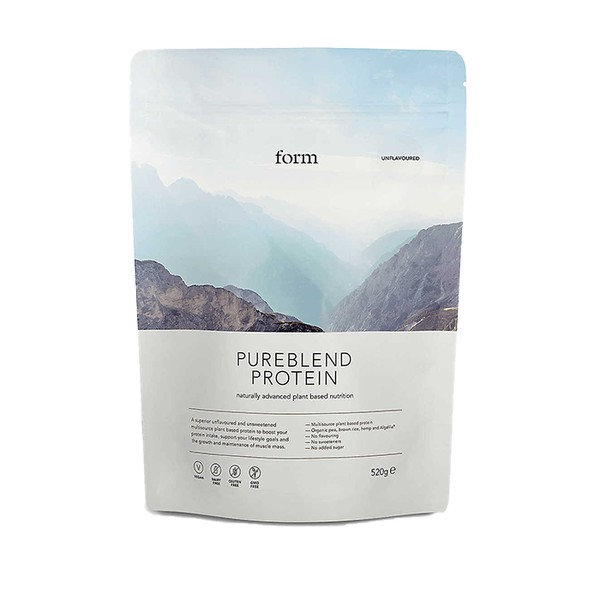
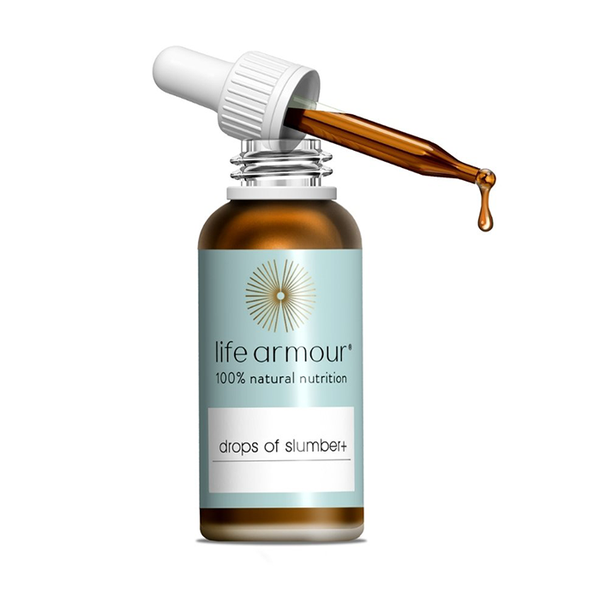
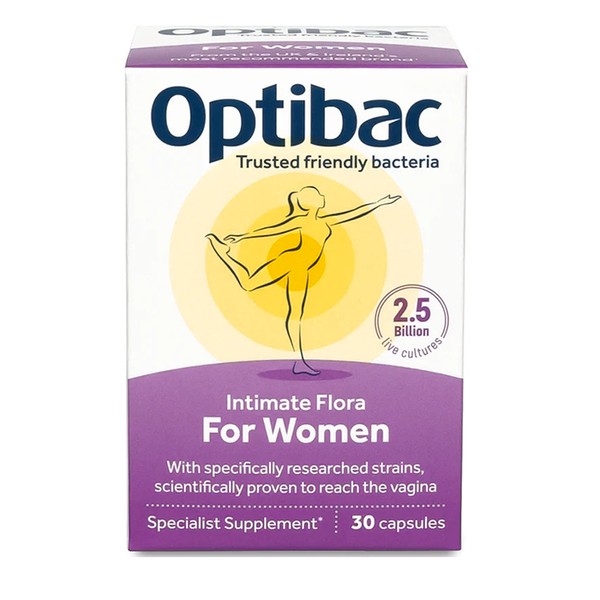
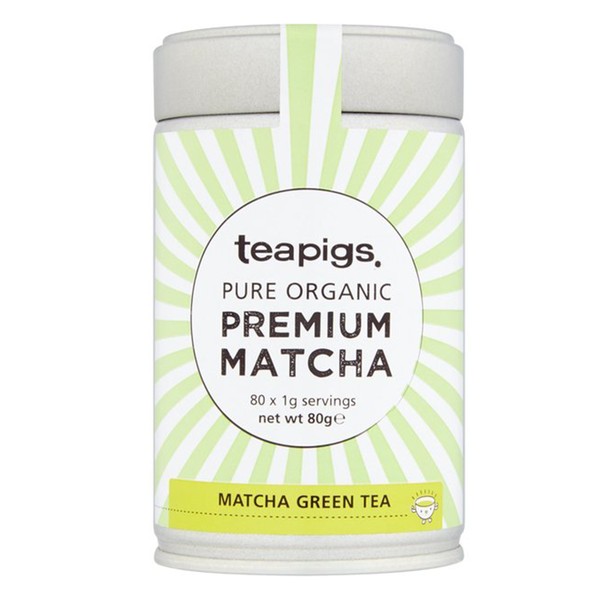
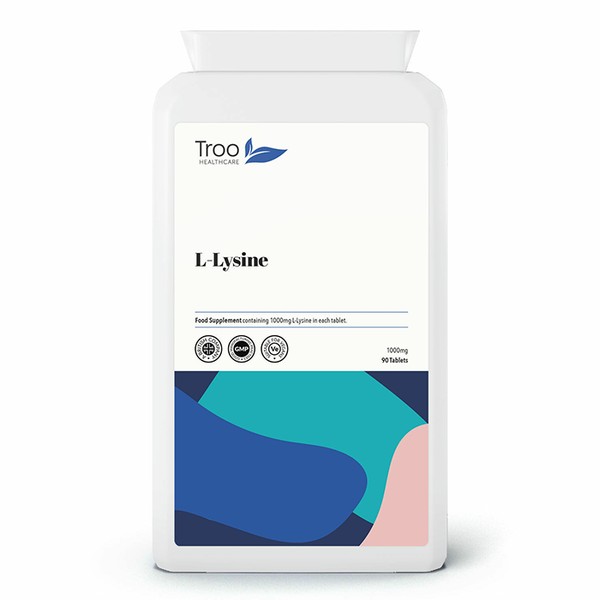
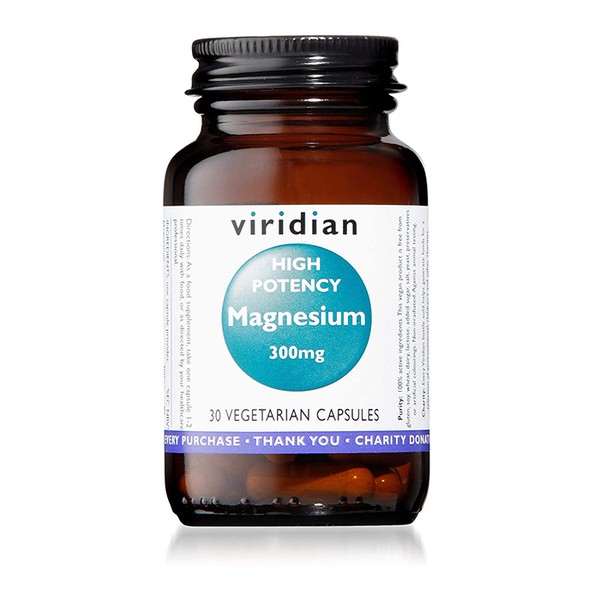
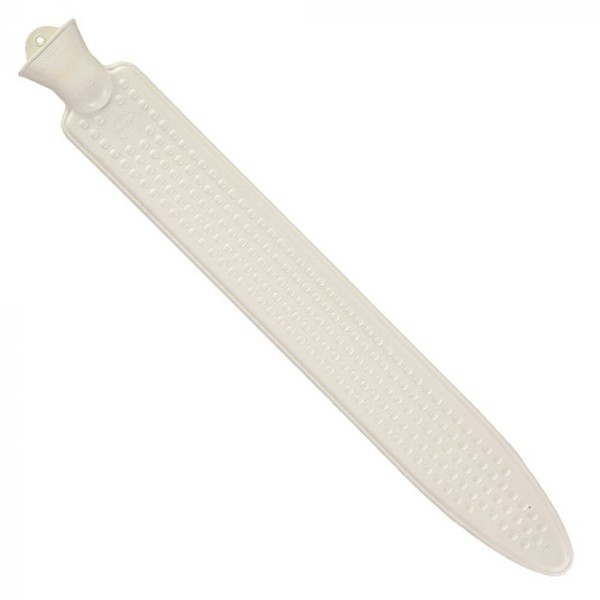
For more information, visit EmmaBardwell.com and follow @Emma.Bardwell.
DISCLAIMER: Features published by SheerLuxe are not intended to treat, diagnose, cure or prevent any disease. Always seek the advice of your GP or another qualified healthcare provider for any questions you have regarding a medical condition, and before undertaking any diet, exercise or other health-related programme.
DISCLAIMER: We endeavour to always credit the correct original source of every image we use. If you think a credit may be incorrect, please contact us at info@sheerluxe.com.
